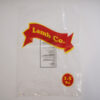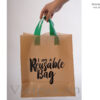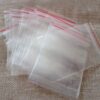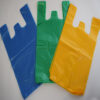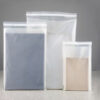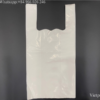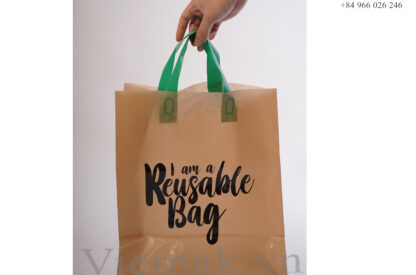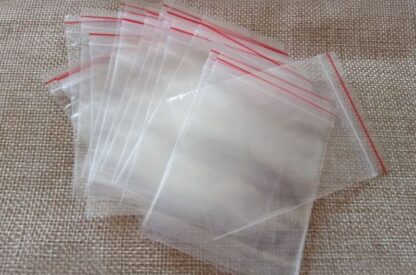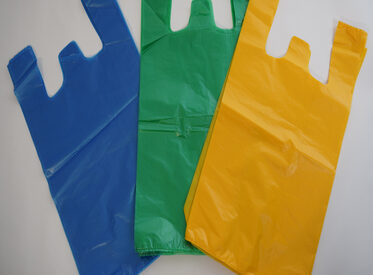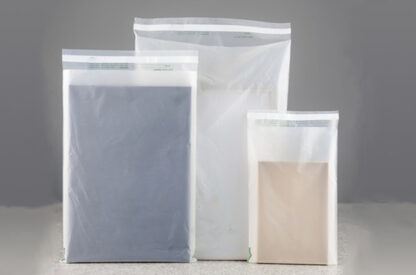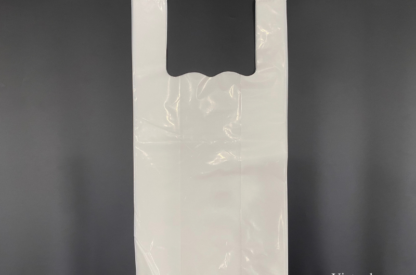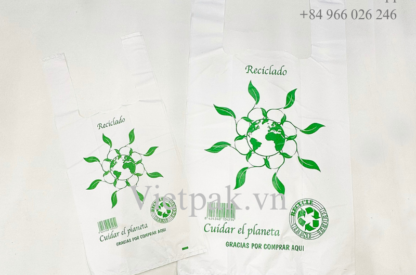Recycle Shopping Plastic Bags|Guide To Sustainable Practices
Recycle shopping plastic bags to help reduce environmental pollution and conserve resources. Plastic bags, if not properly managed, can harm wildlife and clog recycling systems. This article explores the importance of recycling, the process behind it, and answers to frequently asked questions. By understanding how to recycle plastic bags, you can contribute to a cleaner planet.
Why recycle shopping plastic bags?
Contents
Plastic bags are a significant part of daily life, used for everything from grocery shopping to carrying personal items. However, their convenience comes with an environmental cost. When not recycled, plastic bags contribute to landfill overflow and marine pollution, harming ecosystems and wildlife. To recycle shopping plastic bags is to take a step toward reducing this impact.
Plastic bags take hundreds of years to decompose, releasing harmful microplastics into the environment. By choosing to recycle plastic bags, you help conserve natural resources like petroleum, which is used to produce them. Recycling also reduces energy consumption compared to creating new bags. For instance, recycling one ton of plastic bags can save energy equivalent to powering a household for months.
Moreover, improper disposal of plastic bags can disrupt recycling facilities. When tossed into curbside bins, they often tangle in machinery, causing delays and increasing processing costs. By making a conscious effort to recycle shopping plastic bags at designated locations, you support smoother recycling operations and a healthier planet.
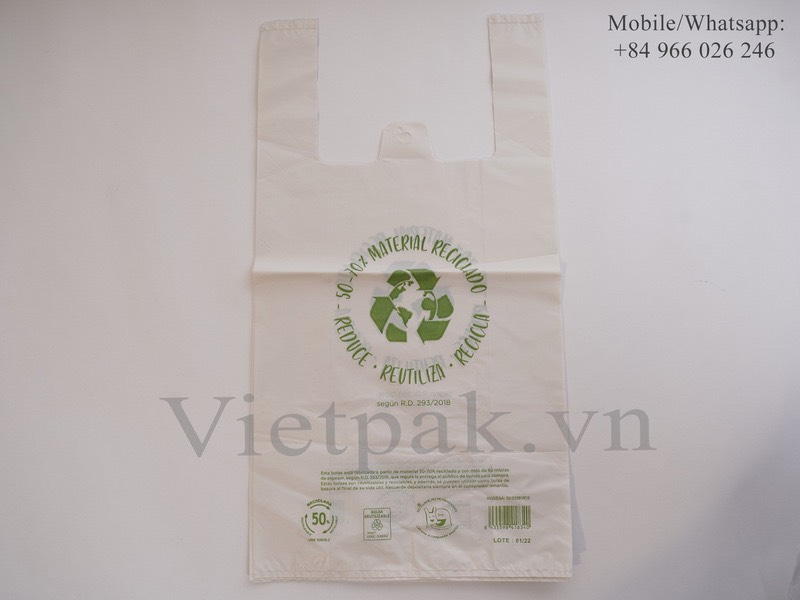
Plastic bags in a recycling bin, ready for processing
Benefits of recycle shopping plastic bags
Recycling plastic bags prevents them from ending up in oceans, where they pose a threat to marine life. It also reduces the demand for virgin plastic, lowering the environmental footprint of production.
Impact on communities
When communities prioritize recycling, they foster cleaner public spaces and reduce waste management costs. Programs that recycle shopping plastic bags also create jobs in the recycling industry, supporting local economies.
The process of recycling shopping plastic bags
The process to recycle plastic bags involves several steps to transform used bags into new products. Understanding this process can motivate more people to participate in recycling programs.
Plastic bags are first collected at designated drop-off points, such as grocery stores or recycling centers. These locations ensure bags are separated from other recyclables to avoid contamination. Once collected, the bags are transported to specialized facilities where they undergo sorting, cleaning, and processing.
Sorting and cleaning
At the facility, workers or machines sort the bags by type and color. Black plastic bags, for example, are often harder to recycle due to their dye, which limits reprocessing options. The bags are then cleaned to remove any contaminants like food residue or labels.
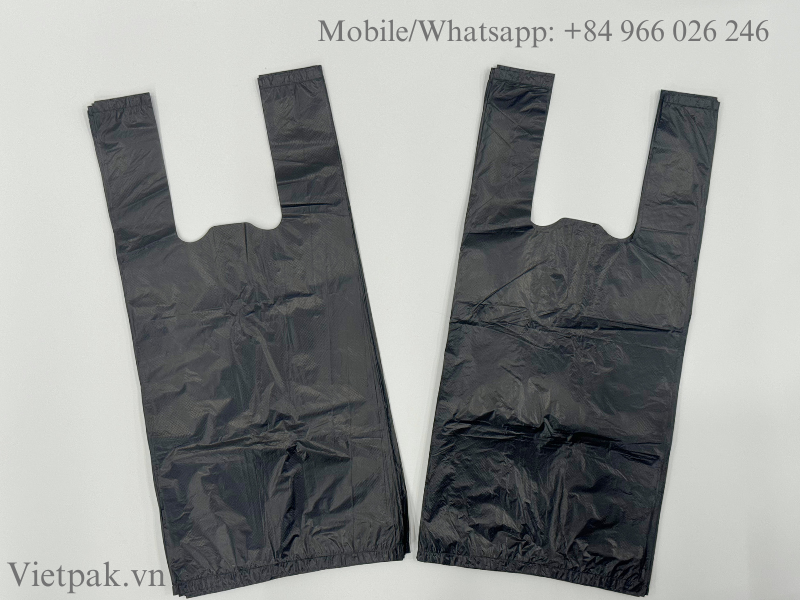
Sorted plastic bags at a recycling facility
Melting and reforming
After cleaning, the plastic is shredded into small pieces and melted into pellets. These pellets are used to create new products, such as plastic lumber, new bags, or even clothing. This step ensures that materials are reused, reducing the need for virgin plastic.
Challenges in the process
Recycle shopping plastic bags can be complex due to variations in plastic types and contamination. Facilities must invest in advanced technology to handle these challenges, which is why proper sorting at the drop-off point is crucial.
Frequently asked questions
Many people have questions about how to recycle plastic bags correctly. Addressing these concerns can help clear up confusion and encourage better recycling habits.
Can I recycle plastic bags in my curbside recycling program?
Most curbside programs do not accept plastic bags because they can jam machinery at recycling facilities. Plastic bags are often mistaken for other recyclables due to their recycling symbol, but they require special handling. Check with your local program to confirm their policies, as a few coastal areas allow curbside bag recycling to prevent ocean pollution. To recycle shopping plastic bags, it’s best to use designated drop-off bins.
How do I find a bag collection bin?
Finding a place to recycle plastic bags is easier than you might think. Major retailers like Kroger, Target, and Walmart often have collection bins near their store entrances. Smaller local stores may also offer this service. To locate a bin, use an online recycling search tool by entering your ZIP code. This ensures you’re directing your bags to the right place for proper recycling.
Which is better for the environment – paper or recycle shopping plastic bags?
Choosing between paper and plastic bags depends on various factors. Paper bags require significantly more energy and water to produce—2.2 times more energy and 4.7 times more water than plastic. However, paper bags are more widely accepted in curbside recycling programs and biodegrade naturally, unlike plastic, which contributes to marine debris. For the most sustainable option, consider reusable bags, which last for years and reduce the need for both paper and plastic.
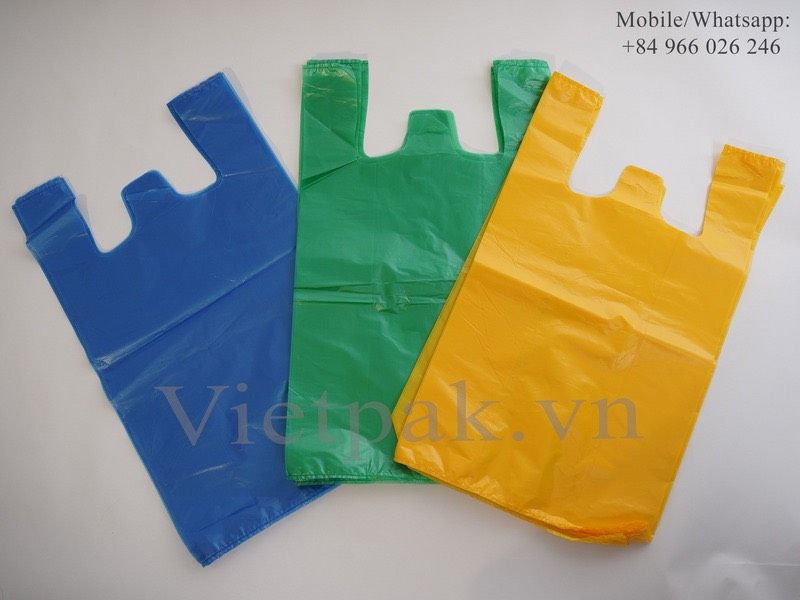
Recycle shopping plastic bags as an eco-friendly alternative
Does bag color matter for recycling?
Yes, the color of plastic bags can affect their recyclability. Black plastic bags are harder to recycle because the dye creates dark pellets, limiting their use in new products. Lighter-colored bags are preferred as they offer more reprocessing options. When you recycle shopping plastic bags, check if your local program has specific guidelines about bag color.
Are there any states that require plastic bag recycling?
No U.S. state mandates plastic bag recycling, but several have laws regulating their use. Some states and local communities impose bag bans or taxes to reduce plastic waste, especially near waterways. Others require retailers to provide recycling bins for customers. These efforts aim to keep plastic bags out of oceans and support environmental cleanup initiatives.
Conclusion
Recycle shopping plastic bags to make a meaningful impact on the environment. By using designated drop-off bins and choosing reusable bags, you can reduce waste and protect ecosystems. Every small effort counts in the fight against pollution. Start today to recycle plastic bags and contribute to a sustainable future.
Read also: Plastic Shopping Bags – Eco-Friendly and Practical Choices
LEADING MANUFACTURER
We are a premier plastic bag manufacturer based in Vietnam. Our dedicated team excels in crafting customized packaging solutions to precisely meet the needs of all customers
QUALITY CONTROL
We have a strict quality control system. Our bags are inspected before production, during production, and prior to loading into containers. Our priority is to minimize every defective goods before shipping to our customers
AMAZING SERVICE
Our enthusiastic customer service team always strives to respond to your emails as promptly as possible. We take pride in our ability to consistently deliver high-quality products on time, every time.


